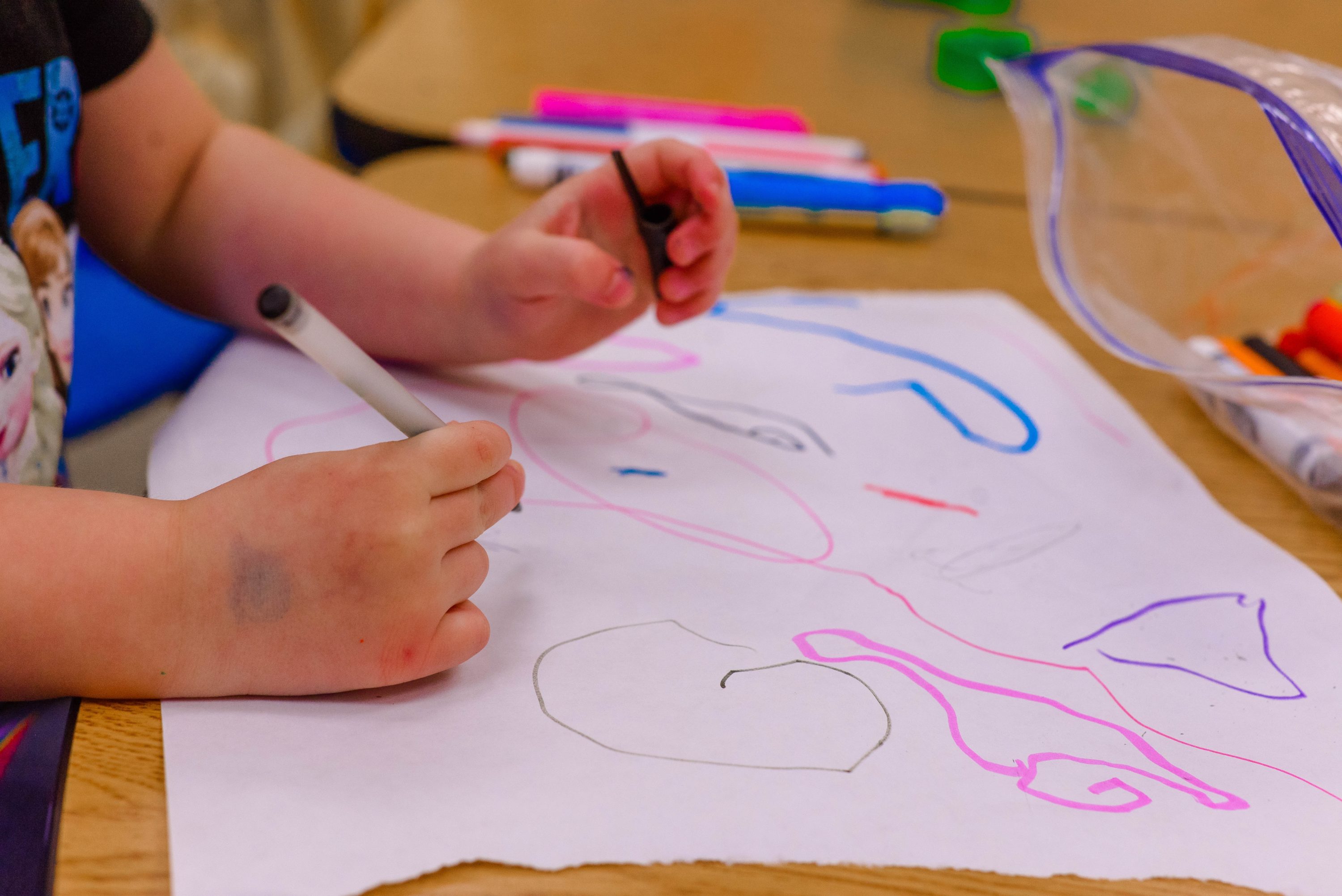OPINION: Keep special ed in DOE’s hands

A few weeks ago, New York City Council member Andy King introduced a resolution calling on city, state and federal officials to transfer oversight of special education from the City’s Department of Education to its Department of Health and Mental Hygiene.
He claims that this step is needed because the DOE has chronically failed at providing and managing special education services for the roughly 200,000 students in New York City who are in need of them.
To be clear, many children with disabilities are badly underserved, and special education is a constant challenge in New York and everywhere else.

Brooklyn Boro
View MoreNew York City’s most populous borough, Brooklyn, is home to nearly 2.6 million residents. If Brooklyn were an independent city it would be the fourth largest city in the United States. While Brooklyn has become the epitome of ‘cool and hip’ in recent years, for those that were born here, raised families here and improved communities over the years, Brooklyn has never been ‘uncool’.